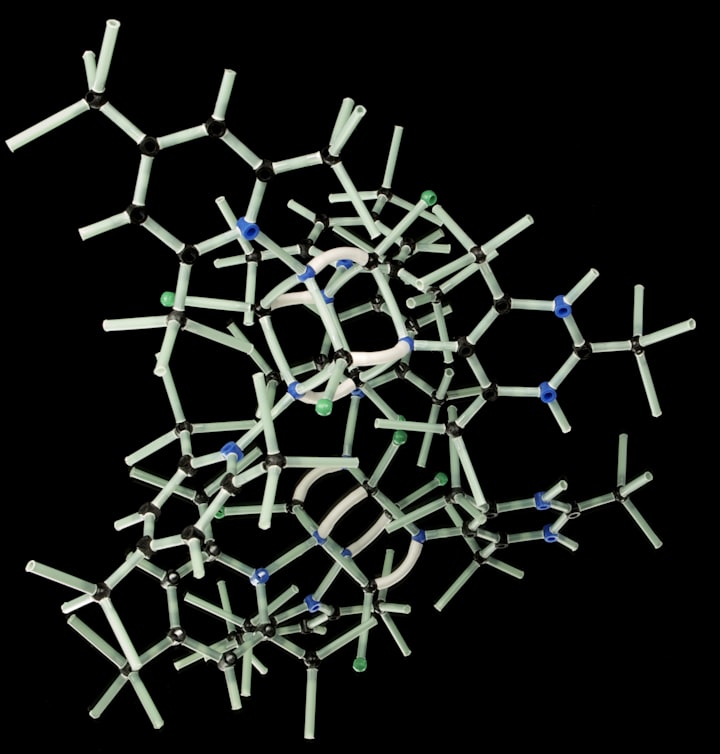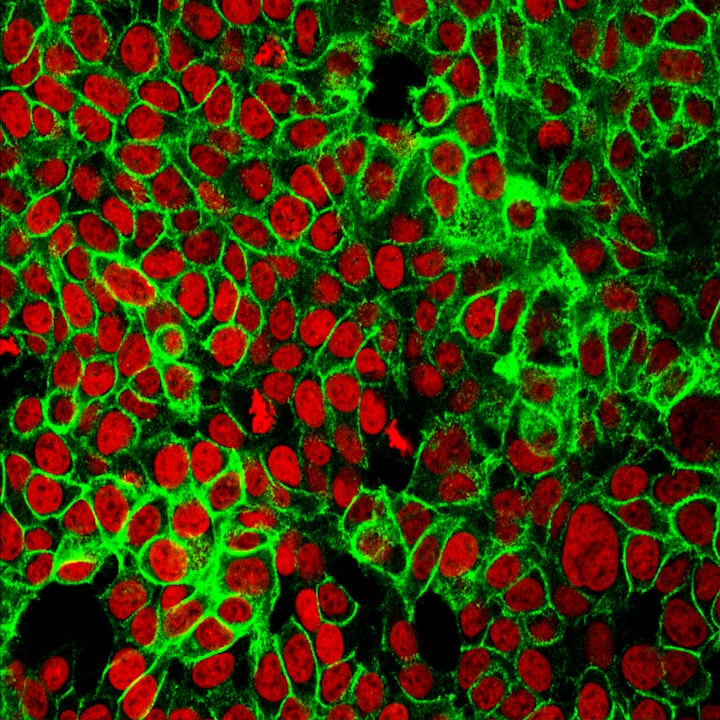How Does Fire Generate Heat?
Understanding how combustion reactions generate thermal energy from chemical energy.

Fire has fascinated and mystified humans throughout history.
From ancient rituals to modern conveniences, fire plays a critical role in our daily lives.
But how does the mesmerizing dance of flames also produce intense heat?
Atomic Composition and Energy
When wood or any other burnable material is set ablaze, the stored chemical energy within the material is released through a combustion reaction with oxygen in the air, leading to the production of heat and light.
Conservation of Mass and Energy
In every combustion reaction, the total mass of the reactants, including the oxygen from the air, equals the total mass of the products, such as ash, smoke, and gases. Although this conservation of mass is a fundamental principle, the question remains: where does the energy come from?
Internal Energy of Chemicals
The key lies in the internal energy, or heat of formation, of the starting materials.
The mass of the starting materials has a higher internal energy compared to the mass of the end products.
Thus, the excess energy is released as heat during the combustion process.
Release of Excess Energy
As the chemical bonds in the fuel break and new bonds form with the oxygen, the excess energy stored in these chemical bonds is released in the form of heat and light.
This thermal energy can then be harnessed for various purposes, from cooking food to powering engines.
Practical Applications
The understanding of fire's ability to generate heat has led to various technological advancements, from the development of efficient heating systems to the utilization of controlled combustion in engines.
Final Thoughts
The process of combustion, while seemingly simple, is a complex interplay of atomic interactions and energy release.
By unraveling this scientific phenomenon, humanity has harnessed fire's potential for warmth, light, and power, shaping the course of civilization.






